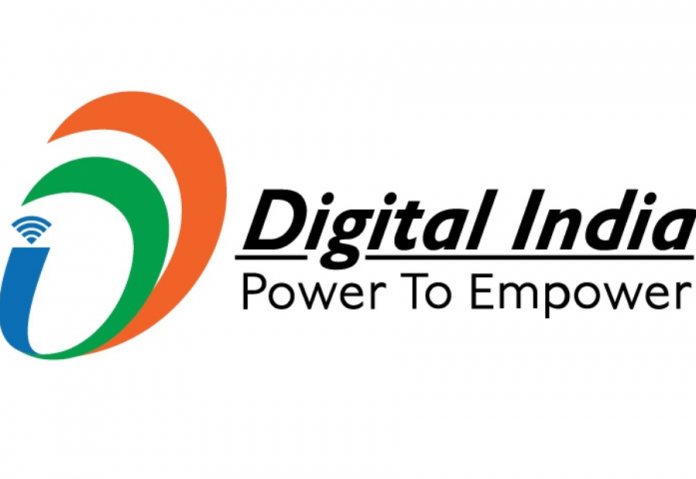To monitor content on OTT platforms including Netflix and Amazon and check spreading misinformation or inciting violence, the Digital India Act will also have more regulatory teeth
As digital awakening sets in, to challenge the new tech-backed world order, India gets ready for a course correction. Yes with this, following the withdrawal of Data Protection and Privacy Bill 2019, the recent respite for the BigTech companies may soon be over as the Union government plans to push through the Digital India Act (DIA) in the Winter Session of the Parliament later this year. the two decades old IT Act 2000 is likely to be replaced by the Digital India Act.
To protect Indian citizens and establish a data protection authority, the 2019 privacy bill was designed. Concerns among tech giants were raised by the bill, which feared new compliance burdens with high data storage requirements.
Behind the withdrawal of Data Bill 2019 early this month, the Union government cited over 81 amendments recommended by the parliamentary panel. To take on the new age digital challenges, the Union government highlighted the need for a new ‘comprehensive legal framework’.
“Tdy @GoI_MeitY withdrew the Personal Data Protection Bill, 2021 from Parliament. This will soon be replaced by a comprehensive framewrk of Global std laws includng Digital Privacy laws for contemporary & future chllnges n catalyze PM @narendramodi ji vision of #IndiaTechade,” Union Mos IT Rajeev Chandrasekhar tweeted early this month.
According to a recent report, while making a tight rope walk for social media platforms including Twitter, Facebook and metaverse on compliance as well as digital crime issues, the new digital regulatory framework around the Digital India Act (DIA) will cover the entire digital technology ecosystem with specific guidelines around child and women’s safety.
To monitor content on OTT platforms including Netflix and Amazon and check spreading misinformation or inciting violence, the Digital India Act will also have more regulatory teeth. The new sets of rules are likely to criminalise deliberate misinformation and other cyber threats.
While giving final touches to the proposed Digital India Act, along with Europe’s General Data Protection Regulation (GDPR), the Ministry of Electronics and Information Technology (MeitY) is reported to be studying similar frameworks in Singapore and Australia.
To cover all possible scenarios in future digital crime probes by the law enforcement agencies, the Centre has also formed a special committee that will closely look into regulation vis-a-vis technology and legal aspects.
If the content is putting children or women’s safety at risk, inciting violence or spreading misinformation, the new regulations will include mechanisms like blocking a Twitter or Facebook page or an account for 24 hours.
For the first time the digital OTT platforms will face regulatory scrutiny under the new digital regulatory framework. The OTT platforms follow a self-regulatory system at present. To pull down content that violates ‘accepted and notified guidelines’, the new law may further cut the long ‘creative’ content rope shot and push the OTT platforms. OTT content over and beyond censor board is likely to be regulated further by the Digital India Act.
Do Follow: CIO News LinkedIn Account | CIO News Facebook | CIO News Youtube | CIO News Twitter
About us:
CIO News, a proprietary of Mercadeo, produces award-winning content and resources for IT leaders across any industry through print articles and recorded video interviews on topics in the technology sector such as Digital Transformation, Artificial Intelligence (AI), Machine Learning (ML), Cloud, Robotics, Cyber-security, Data, Analytics, SOC, SASE, among other technology topics






